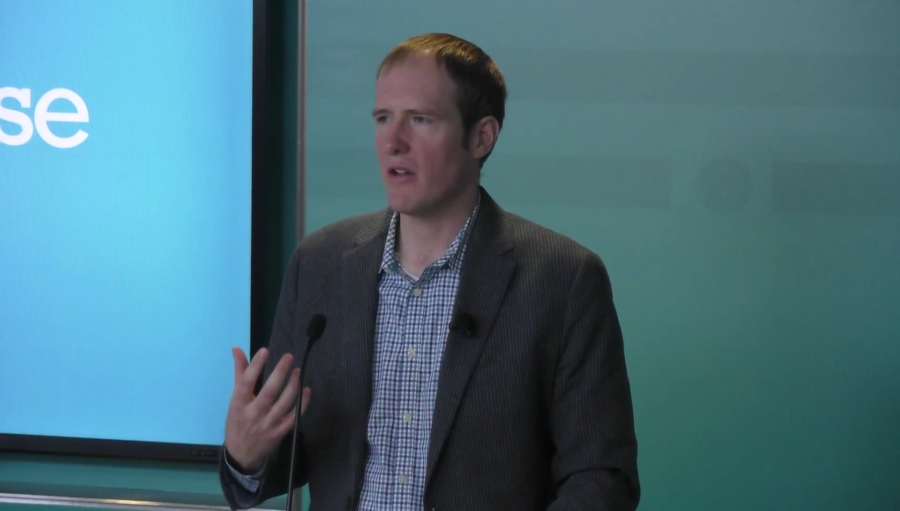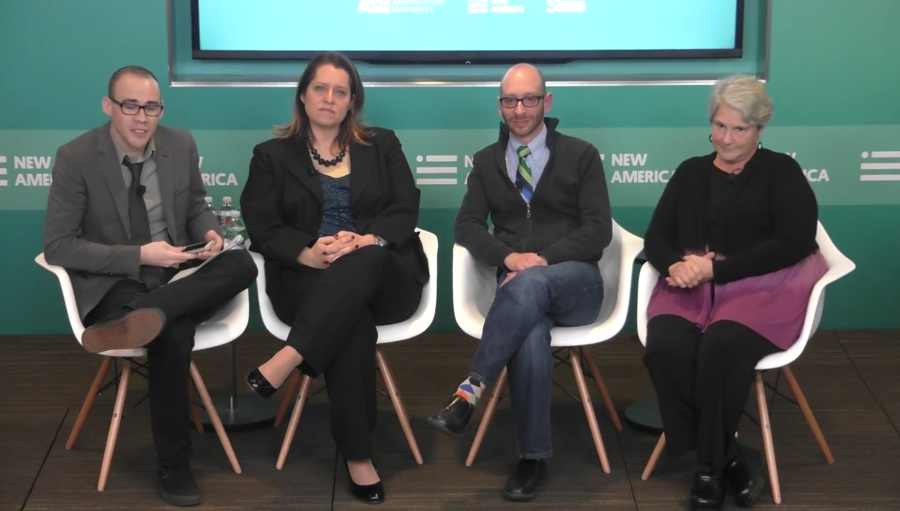Victor’s sin wasn’t in being too ambitious, not necessarily in playing God. It was in failing to care for the being he created, failing to take responsibility and to provide the creature what it needed to thrive, to reach its potential, to be a positive development for society instead of a disaster.
Archive

Mary Shelley’s novel has been an incredibly successful modern myth. And so this conversation today is not just about what happened 200 years ago, but the remarkable ways in which that moment and that set of ideas has continued to percolate and evolve and reform in culture, in technological research, in ethics, since then.
You’re dealing with timescales that are beyond humans’ interest. I mean, it’s sorta like global warming. The heat that we have now built up, that carbon was burned thirty years ago. It’s going to take a while for the correction process. So, if you have the elements of the phosphorus, the potassium, the manganese, and so on, it can be built back pretty fast. But a shorthand way of putting it is that soil is as much of a non-renewable resource as oil. And, more important than oil. I mean, we’re talking about stuff we’re made of. So that’s why I’ve said that the plowshare has destroyed more options for future generations than the sword.

